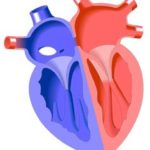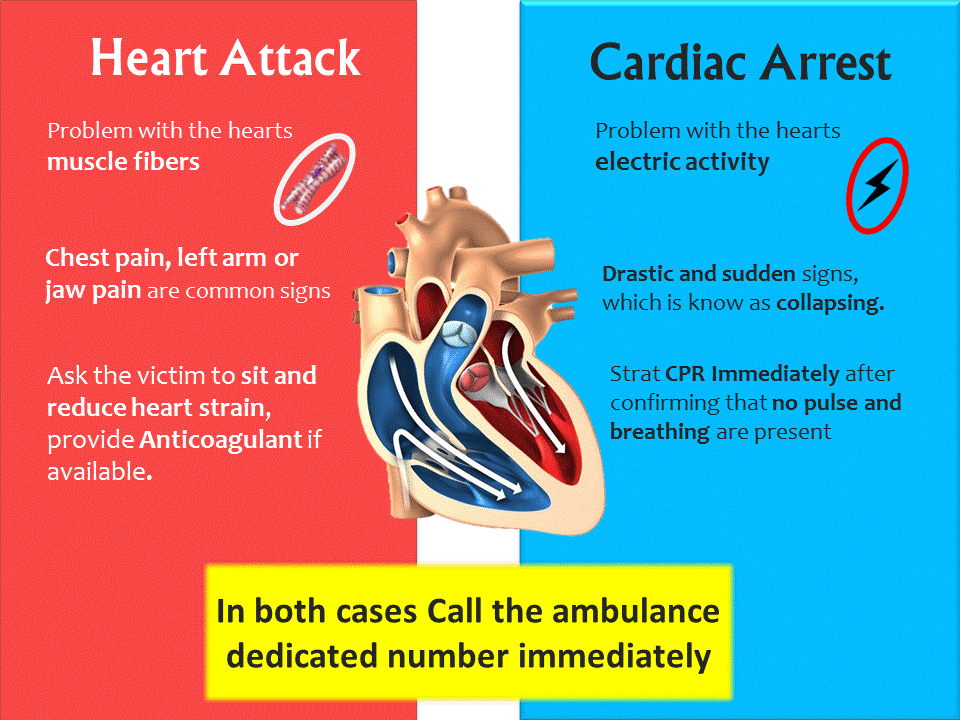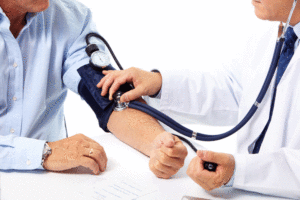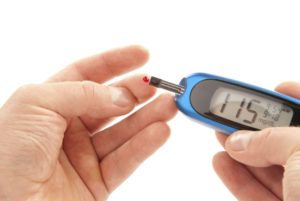We hear those terms a lot, Cardiac arrest, cardiac death, Heart attack and other synonyms, for some it might be confusing, for others it is used interchangeably, which is not the right thing, so let’s look at those two cases and see what are they all about, and most importantly; how to deal with them and to save lives.
Before we jump into it, let’s look at the heart

Our heart is the never-stopping blood-pumping organ in our bodies. Blood mover around our bodies due to the movement (Contraction) of the muscle fibres of the heart, this movement for itself is controlled in rhythm and rate a small electric current, this process goes on so that the blood that rich in oxygen and nutrients reaches all body parts and keep them alive.
Cardiac arrest or Heart attack?
Cardiac arrest is a condition that happens due to irregular electrical activity that causes the heart to stop pumping or pump a very small amount of blood, which is medically known as Ventricular fibrillation (V-fib), so here it’s about heart electrical activity. Heart attack, on the other hand, happens due a cut-off of the oxygen-rich blood supply to the heart muscle fibers themselves due to a blockage in the coronary arteries (arteries that supply the heart with oxygen-rich blood) or what is known as Myocardial infarction (MI), causing them to eventually die, this clearly affects the amount of blood pumped to the body.
What causes them?
Cardiac arrest (V-fib) could have expected causes, like heart and blood vessel abnormalities, thickened heart muscle, electrical heart abnormalities, some kinds of heart medications, and the intake of drugs, however sudden cardiac arrest can hit without such history and with no prior notice, however, Heart attack (MI) is result of clogs or plaque in the coronary arteries, which is mostly caused by coronary heart disease (CHD), a case coronary arteries become narrowed by a gradual build-up of fatty material within their walls due to high cholesterol, smoking or high blood pressure, it is worth knowing that sometimes a heart attack can cause a cardiac arrest.
How to tell one from the other?
Cardiac arrest victims mostly undergo immediate and drastic symptoms, sudden collapse, loss of breath (or sometimes gasping), response and consciousness and blood circulation (Pulse), in few cases, it might be led by chest pain, blackouts or dizziness. The symptoms of a heart attack can vary from person to person and they are not as drastic as a sudden cardiac arrest, you can tell if the person has chest pain, this pain is then possibly felt in the left arm, jaw or upper portion of the back.
Dos and Don’ts?
Time is of the essence in both cases, if you witness such symptoms on anybody, do call ambulance services immediately.
In the case after confirming all the symptoms of a cardiac arrest, start CPR or chest compressions immediately (There are some general guidelines to it), the next step will be using an AED or automatic external defibrillator if available around, if not, don’t stop the compressions until the victim wakes up or the ambulance team arrive, if you got tired ask people around you to keep it going.
In case you have witnessed the symptoms on yourself, Don’t put extra strain on your heart, this means you should set and rest not move around, if you happen to have aspirin tablet around one go ahead and chew one, if you don’t have or don’t know where they are, Don’t get up and look for it.
To keep it simple, the information is summed up in this picture!

Stay Positive, Stay healthy, Stay grateful!
References:
British Heart Foundation (BHF)
American Heart Association (AHA)
National Heart Lung and Blood Institute (NHLBI)
Mayo Clinic website




